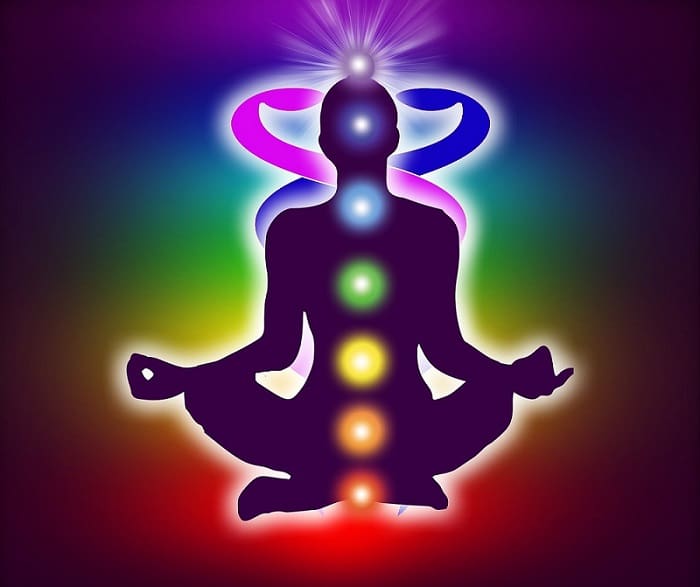Have you ever pondered the awakening of latent kundalini energy within an individual? Meet Itzhak Bentov, the Israeli American scientist and inventor renowned for his groundbreaking contributions to Israel's rocket development. Yet, what sets Bentov apart is his intriguing persona, diverging from the stereotypical image of a scientist. He delved deeply into exploring consciousness using scientific methodologies and was naturally drawn to the intricacies of kundalini yoga. This ancient Indian practice, Kundalini yoga, serves as a potent tool to elevate the practitioner's mind to extraordinary realms. Despite skepticism lingering around its efficacy, Bentov's research unveiled astonishing revelations. Through his studies, Bentov unearthed that as one progresses in kundalini yoga, dormant brain regions spring to life, transforming the entire cerebral landscape into a conduit for potent mental prowess. In his own eloquent words, continuous practice ignites the entirety of the brain, birthing a superconductor of formidable mental energy.
The notion of Kundalini awakening originates from Eastern spiritual traditions, especially within Hinduism and particular types of yoga. It refers to the idea of a dormant energy, known as Kundalini, residing at the base of the spine. Through various practices such as meditation, breathing exercises, or yoga, this energy is believed to be awakened and ascends through the chakras, leading to spiritual enlightenment and profound transformation. While many practitioners report positive experiences with Kundalini awakening, there are also accounts of shocking effects that individuals may encounter during this process. Some of these effects include:
Intense Physical Sensations: As Kundalini energy begins to rise, individuals may experience intense physical sensations such as tingling, heat, or even electrical-like currents running through their body. These sensations can be alarming for those who are unprepared or unfamiliar with the process.
Emotional Turmoil: Kundalini awakening can stir up deep-seated emotions, leading to periods of emotional turmoil or instability. Past traumas and unresolved issues may surface, causing distress and confusion for the individual undergoing the awakening process.
Psychological Challenges: Some individuals may experience psychological challenges during Kundalini awakening, including anxiety, depression, or even psychosis. The rapid changes in consciousness and perception can be overwhelming and may require professional support to navigate safely.
Physical Discomfort: Alongside the intense physical sensations, individuals may also experience physical discomfort such as muscle spasms, headaches, or gastrointestinal disturbances. These symptoms can vary in intensity and duration, often reflecting the body's attempts to adjust to the heightened energy flow.
Sensory Overload: Kundalini awakening can result in heightened sensitivity to external stimuli, leading to sensory overload. Everyday sounds, sights, and sensations may become overwhelming, making it challenging to function in daily life.
Disorientation and Confusion: The rapid expansion of consciousness that accompanies Kundalini awakening can lead to feelings of disorientation and confusion. Individuals may struggle to make sense of their experiences or feel disconnected from their sense of self.
Spiritual Crisis: For some individuals, Kundalini awakening can trigger a spiritual crisis characterized by existential angst, loss of meaning, or a sense of being adrift in the universe. This crisis often arises when old belief systems are challenged, and new spiritual insights have not yet been integrated.
Social Isolation: The profound changes experienced during Kundalini awakening may lead to feelings of alienation from friends, family, or society at large. This sense of isolation can further exacerbate the individual's sense of disconnection and loneliness.
It's crucial to approach Kundalini awakening with care and reverence, recognizing its potential for profound and potentially unsettling effects. Seeking guidance from experienced practitioners or spiritual teachers can help individuals navigate the process safely and integrate the transformative effects into their lives. Additionally, maintaining self-care practices such as mindfulness, grounding exercises, and seeking support from mental health professionals when needed can provide valuable support during this profound journey of self-discovery.













0 comments:
Post a Comment